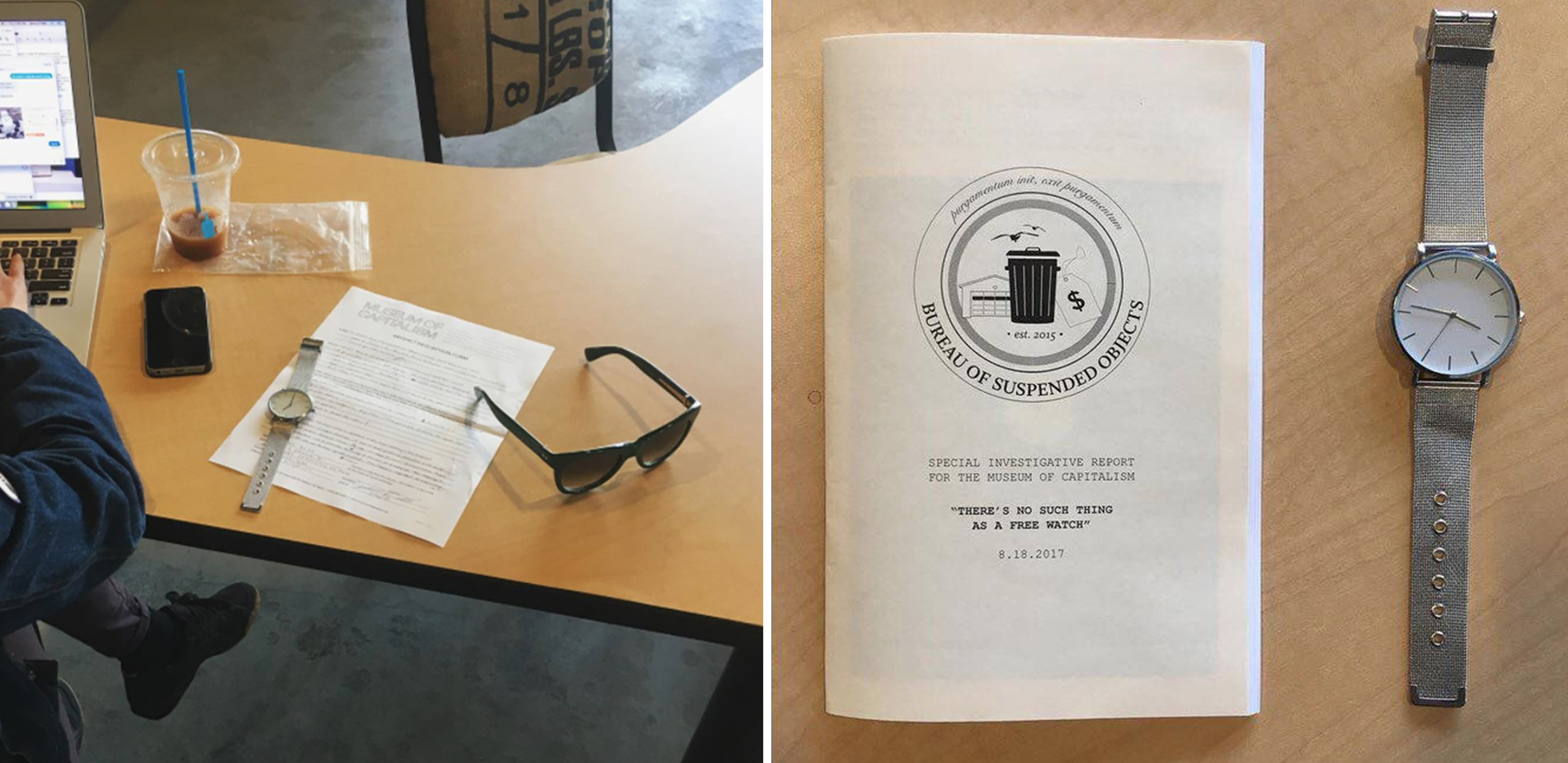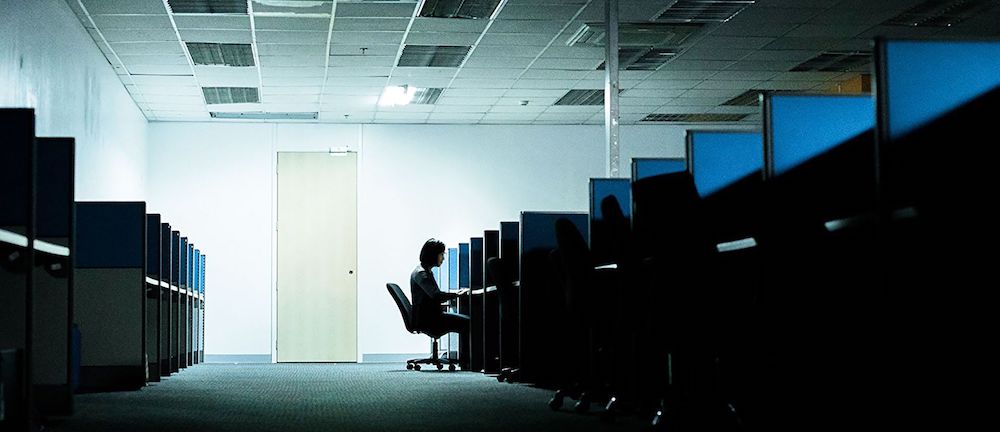Pre
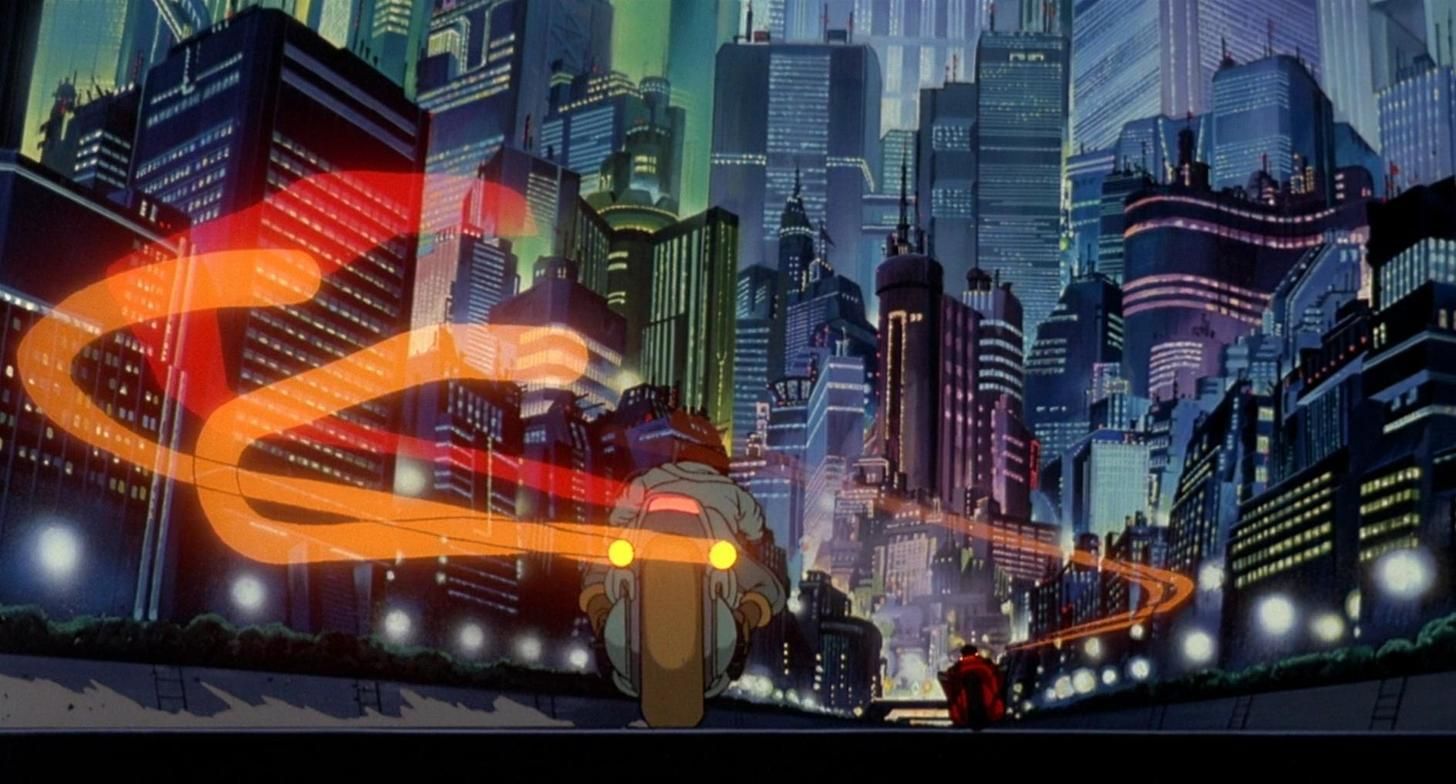
The film Akira is now over 30 years old (it was released in 1988) and the manga on which it is based dates back to 1982. Both the story and quality of the animation were groundbreaking at the time. Both are still excellent 30 years later.
I think this film (like most) is best enjoyed without preface or context, so that is all I will say before we start.
Post
To place this film in American cinema context, Blade Runner was released in 1982 and The Terminator was released in 1984. All of these sci-fi cyberpunk classics were coincidentally produced around the time in which Orwell’s classic, 1984, was set.
I first saw a dubbed, watered down version of Akira on the SciFi Channel’s Saturday Anime when I was in middle school. Although the film means a bit more to me / resonates more thematically now than it did then, I remember being blown away by Neotokyo and the caliber of animation and thinking “this is animated, but it is definitely NOT a movie for kids.”
Shortly after seeing the film, I found an Akira t-shirt with Kaneda and his bike on the front, “AKIRA / アキラ” on the back, at either Spencer’s gifts or the shop next to it in the mall which sold “No Fear” t-shirts. I wore it all the time, including, I think, for some of my yearbook photos.
Like Bladerunner, Akira is the total package – it’s not just an interesting concept – the characters are real and the film is beautiful.
Many of the classic popular cyberpunk novels, on the other hand, I find unreadable – they often contain a really interesting conceit, thought experiment, or plot reveal, but just as often lack nuanced characters or engaging prose. This “thin” sci-fi content would be better suited to an exploratory essay (Bostrom’s Ethical Issues in Advanced Artificial Intelligence comes to mind), short story (Le Guin’s The Ones Who Walk Away from Omelas, lots of Asimov, like The Last Question, eg), or a Twilight Zone episode.
I loved the Twilight Zone as a kid, but I would not say any of the episodes merits re-watching. And I really cannot stand the modern incarnation, Black Mirror, which feels like a few interesting conceits replayed over and over without any character substance.
Akira, on the other hand, I will re-watch every few years, learn something new, find interest in a new character, catch some subtle visual detail I had previously missed, etc.
Like many of the classic noir films we’ve watched in film club–Ace in the Hole, Gaslight, American Psycho, Fargo, Perfect Blue, I would say all classify as noir to varying degrees–Akira plunges an anit-heroic protagonist (Kaneda) into the confusion of a world where powerful forces–corporate / industrial / military / technological–whose motives and mechanisms remain mostly opaque to us and to the protagonist–battle it out, catching helpless individuals in the middle and leaving many innocents as casualties along the way.
In these worlds, none of the traditional sources of authority can be trusted–not the government, not the religious prophets, not the corporations–everything large and abstract has grown beyond the control of individual humans and has a will of its own.
In classic mythology, it was the natural world with which the individual had to accept the terms of fate–the open sea, the deep abyss, the heart of darkness in the jungle, the merciless wilderness and beasts.
Since the industrial revolution, the military industrial complex has assumed this position as the merciless god which has no pity for individual human lives and no method to the madness with which it takes them.
As I think back to the early 80s, when Akira was made, I wonder what the early warning signs were, what were the events and characters and nations that inspired this film. Perhaps the disappearance of the street protests and civil rights activism of the 60s, and the eerie emergence of shopping malls, television mass media, and cheap global labor and manufacturing cranking out a massive abundance of superfluous plastic products.
Did the string of “do no evil” internet companies giving us infinite cheap and free entertainment and on demand everything trick us into thinking for a few years that we–the consumers–were back in control, with our keyboards and mice and touch screen phones?
It is only recently, as the empty calories start to catch back up to us, the hidden or exported externalities start to become visible to us, that we are realizing that our increased connectivity has left us with perhaps less control than ever.
A few examples, for your consideration:
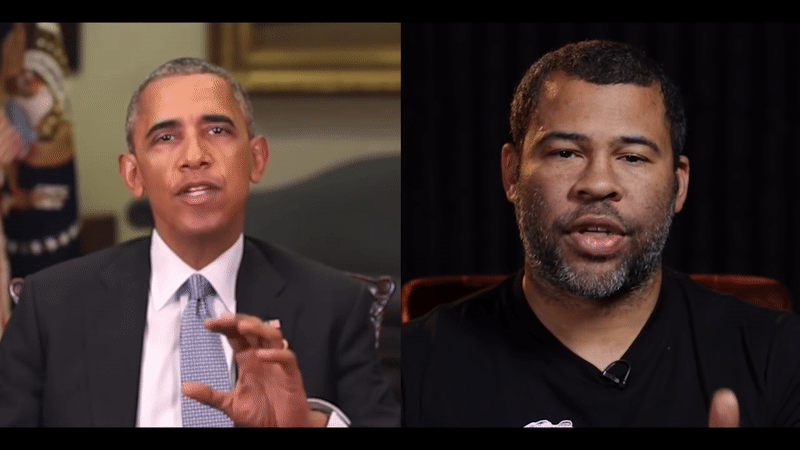
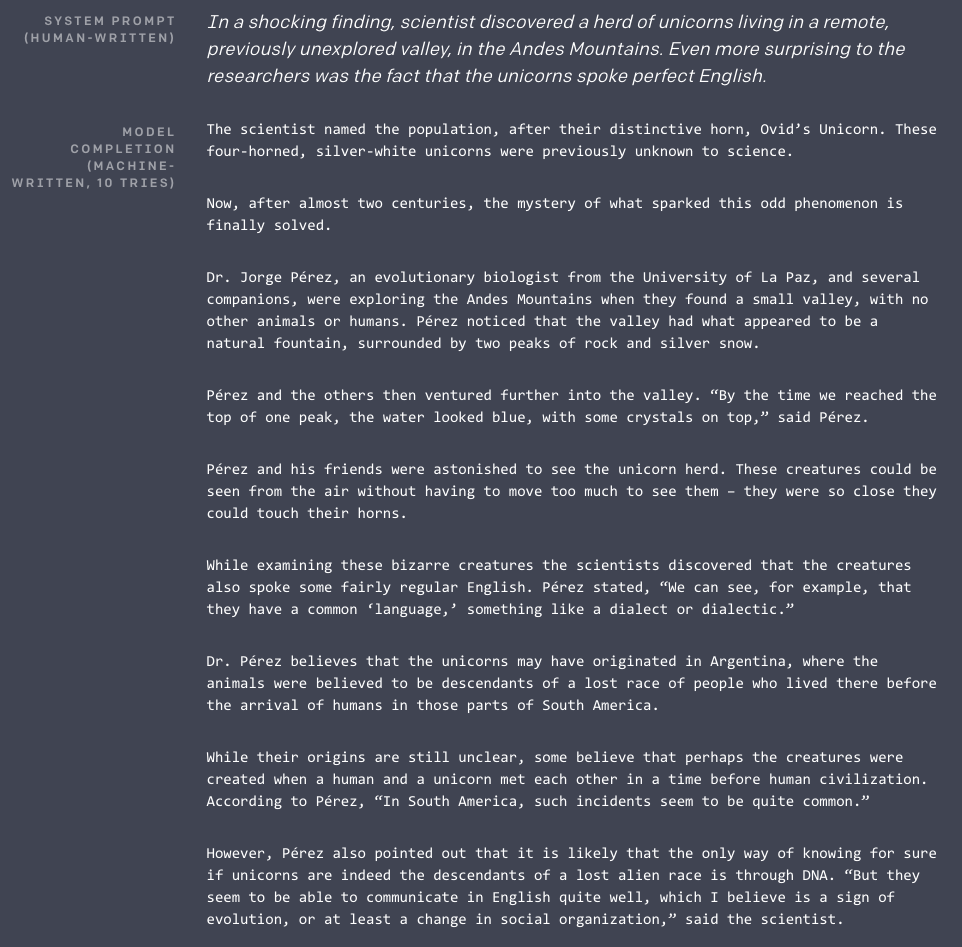
Something is wrong on the internet




There’s No Such Thing as a Free Watch
